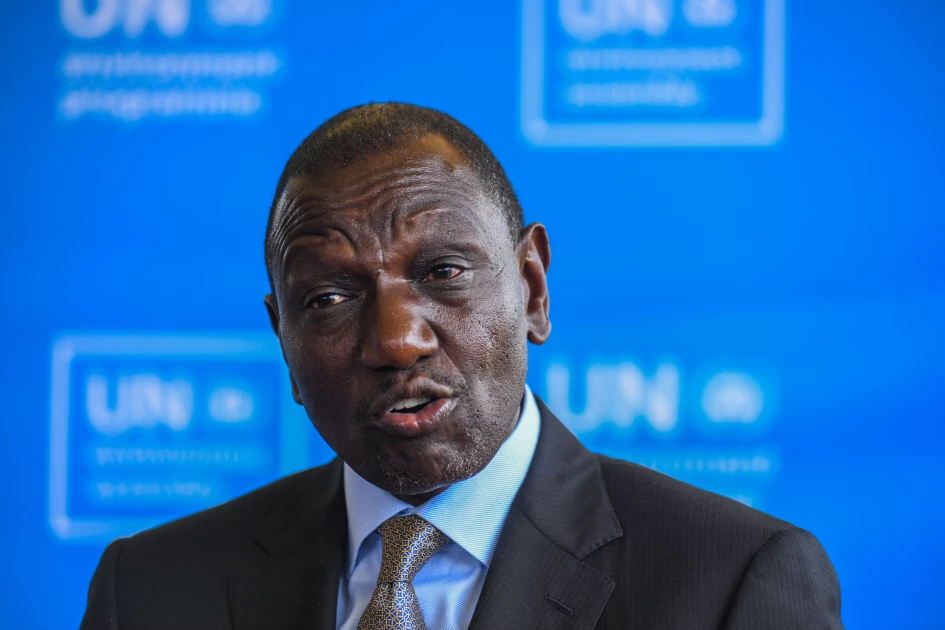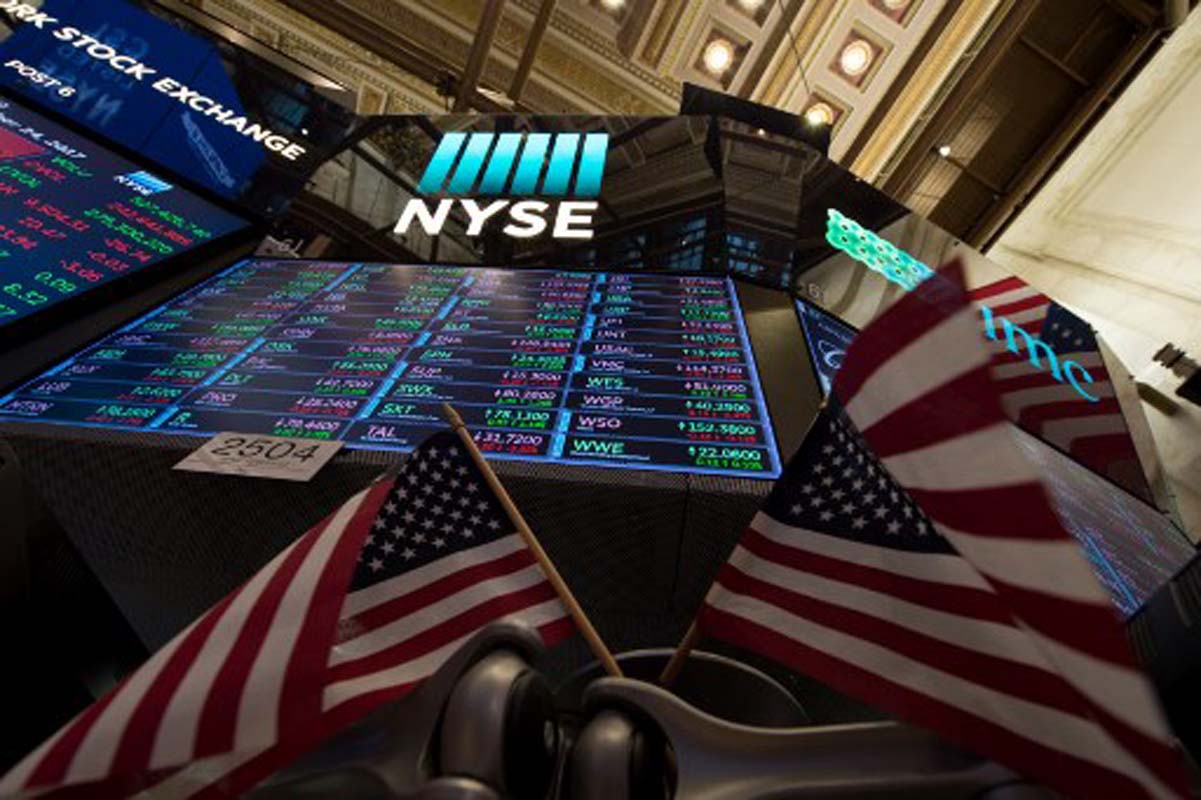US Tariffs Threaten Nigerian Agricultural Exports

The Manufacturers Association of Nigeria (MAN) has voiced serious concerns regarding the 14% tariff imposed by the United States on Nigerian exports, predicting potential losses of between N1 trillion and N2 trillion in agricultural exports alone. This tariff, enacted under the administration of President Donald Trump, is seen as a significant threat to Nigeria's industrialization and its efforts to diversify its economy.
MAN Director General, Mr. Segun Ajayi-Kadir, articulated the association's position in a statement, emphasizing that these reciprocal tariffs could severely impede Nigeria's progress from being primarily an exporter of raw materials to a producer of semi-processed and finished goods. While President Trump announced a temporary pause on reciprocal tariffs for most countries, China remains an exception, and the implications for Nigeria are substantial.
The tariff could discourage investment in value-added manufacturing within Nigeria, potentially reversing the gains made over the past decade. MAN members involved in agro-processing, chemicals, pharmaceuticals, basic metals, and other light industries rely heavily on access to the U.S. market. The increased costs for American buyers due to these tariffs are expected to reduce demand for Nigerian products, particularly processed agricultural goods like cocoa derivatives, sesame seeds, and ginger.
According to the National Bureau of Statistics, Nigeria's agricultural exports in 2024 amounted to over N4.42 trillion, with the U.S. being a primary destination. The new tariff could eliminate a significant portion of these earnings. The manufacturing sector, which contributed 8.64% to Nigeria's GDP in 2024, is particularly vulnerable to these trade policy changes.
The imposition of a 14% tariff undermines the competitiveness of Nigerian-made goods in the U.S. market, discouraging firms from investing in value-added manufacturing and pushing them back towards exporting raw materials. This shift would be detrimental to Nigeria's industrialization agenda and its goals under the African Continental Free Trade Agreement (AfCFTA).
The implications for employment are also dire. Many companies may be forced to reduce production or downsize to cut costs as export revenues decline. Contract manufacturers, small-scale industrialists, and firms in special economic zones that target the U.S. market are likely to be the most affected. This could lead to significant job losses at a time when Nigeria's unemployment rate remains high.
Nigerian firms within regional or global supply chains, especially in pharmaceuticals, chemicals, food and beverages, and motor vehicle assembly, risk losing their competitive edge. Their products will become less attractive to U.S. companies seeking sourcing partners. The broader Nigerian economy is also at risk, with a potential direct impact on Nigeria’s trade balance. A reduction in exports to the U.S. could erode Nigeria's trade surplus and potentially create a deficit, leading to a drawdown of foreign reserves and increased pressure on the exchange rate. The Central Bank of Nigeria (CBN) may be forced to intervene more aggressively in the foreign exchange market, further straining its resources.
The timing of the tariff decision is particularly challenging for the Nigerian government, which has based much of its 2025 budgetary projections on optimistic revenue assumptions. With the budget pegged at N55 trillion and predicated on oil prices averaging $75 per barrel, the current reality of global oil prices falling below $60 per barrel presents a significant challenge. Reduced export earnings from the manufacturing sector due to the U.S. tariffs could exacerbate revenue shortfalls, potentially leading to cuts in capital expenditures, delays in infrastructure projects, and increased borrowing, all undermining economic growth and stability.
Furthermore, the inflationary impact cannot be ignored. As trade becomes more uncertain and foreign exchange earnings decrease, monetary authorities may be compelled to raise interest rates to control inflation and stabilize the naira. However, higher interest rates would increase borrowing costs for businesses, including manufacturers, stifling domestic investment and ultimately increasing prices for consumers, exacerbating the cost-of-living crisis.
The tariff hike also threatens to halt investor confidence in Nigeria's economy, which has been striving to become a manufacturing hub in West Africa. The new tariff regime makes Nigeria a less attractive option for foreign direct investment, particularly for firms that view access to the U.S. market as a key strategic advantage. The manufacturing sector attracted over $1.6 billion in capital importations in 2023, a figure that could decline significantly in 2025 if investor confidence is not restored through robust policy responses.
MAN is also concerned about potential pressure on Nigeria to reciprocate by reducing its tariffs on U.S. goods, which could flood the Nigerian market with subsidized goods and undermine local producers. The absence of institutional capacity for sophisticated trade negotiations further puts Nigeria at a disadvantage, potentially leading to suboptimal agreements that favor foreign interests over domestic development objectives.
Adding to Nigeria's economic woes, the Chief Executive Officer of the Nigerian Midstream and Downstream Petroleum Regulatory Authority (NMDPRA), Farouk Ahmed, has attributed the recent slump in global crude oil prices to President Trump’s inconsistent tariff policies. These policies are creating uncertainty in international oil markets, driving volatility, and dampening investor confidence. Ahmed noted that the U.S. government’s actions appear to favor lower crude oil prices, possibly below $50 per barrel, through aggressive domestic drilling and strategic manipulation of global supply lines, posing significant risks to oil-dependent economies like Nigeria.
Despite these challenges, there has been a notable decline in Nigeria’s petrol imports, dropping from 44.6 million liters per day in August 2024 to 14.7 million liters per day by April 13, 2025. This reduction is attributed to increased production from domestic refineries, particularly the Port Harcourt Refining Company and modular refinery operators, marking a positive shift towards energy self-sufficiency.
In summary, the combined impact of U.S. tariffs and volatile global oil markets presents a complex challenge for Nigeria. The nation must navigate these issues carefully to protect its economy, encourage domestic production, and maintain investor confidence.












